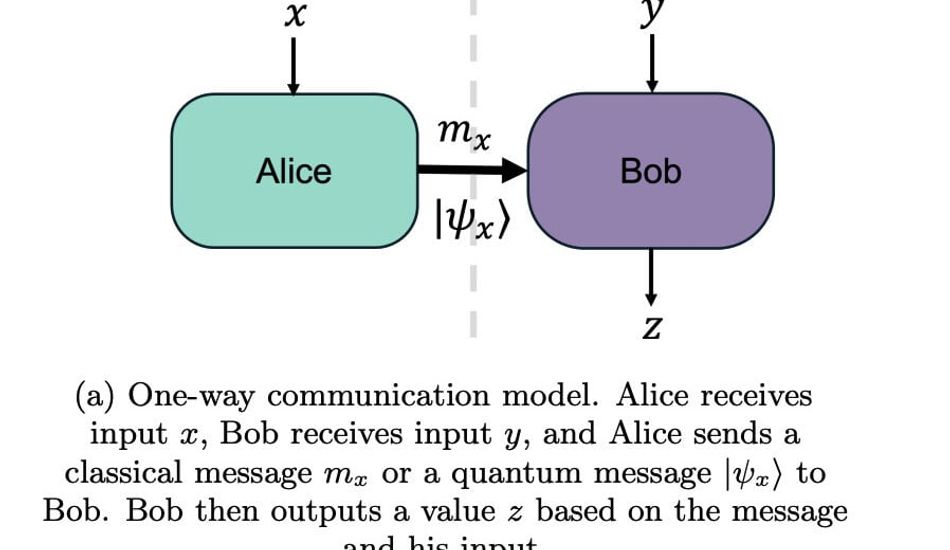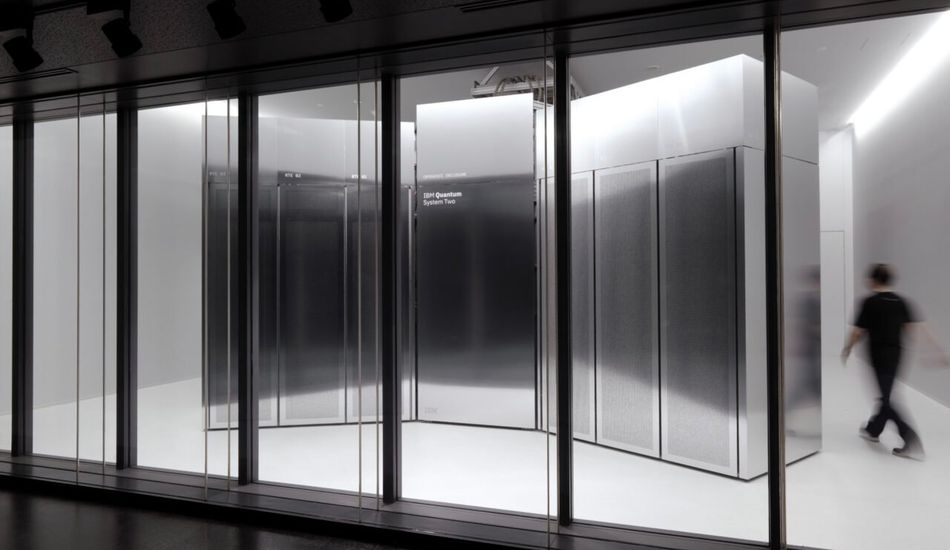
Quantum Supremacy Claim: Researchers Achieve Unconditional Quantum Advantage
So, quantum computers are here, even if they're not exactly household items. I've been following this field for a while, and the buzz around "quantum advantage" has always been exciting. It's that moment when quantum computers finally start outperforming regular ones. Now, some researchers are saying that moment may have arrived.
Scientists at the University of Texas at Austin, along with Quantinuum, a Colorado computing firm, have apparently pulled off an experiment demonstrating what they call "unconditional" quantum advantage – basically, proving a quantum computer can do something a classical one simply can't. They're so confident, they're saying no future classical algorithm will ever catch up. It's a bold claim, I know, but it's got people talking.
The "Alice and Bob" of Quantum Communication
Think of it like this: imagine two people, Alice and Bob, trying to collaborate on a computation using a single device. Alice sends a message to Bob, and based on that message, Bob has to figure out how to measure and interpret the data to get the final answer. What the researchers found is that using a quantum message can drastically reduce the amount of communication needed compared to using a classical message. In their experiment, a small quantum message could replace a huge classical one. They ran the experiment 10,000 times on Quantinuum’s H1-1 quantum computers to prove their point.
The kicker? They did it with just 12 qubits (quantum bits), whereas even the most efficient classical computers needed 330 bits. That's a pretty big difference! This experiment isn’t about speed. Instead, it's about using fewer qubits to solve a problem that requires significantly more bits for classical computers.
While the study’s authors couldn’t comment until the paper is officially published, it definitely raises some interesting questions. I'm curious to see how this translates into real-world applications. As someone at IBM Quantum pointed out before, the real question is: how can quantum computers help us with problems we already face?
Ultimately, it all boils down to this: proving the worth of quantum computing. While this experiment might not have immediate practical applications, it does provide a robust theoretical demonstration. It shows how quantum hardware can be used to explore quantum concepts. And you know what? Some of the greatest discoveries have come from unexpected places. It's a journey, and I'm excited to see where it takes us.
1 Image of Quantum Computing:


Source: Gizmodo